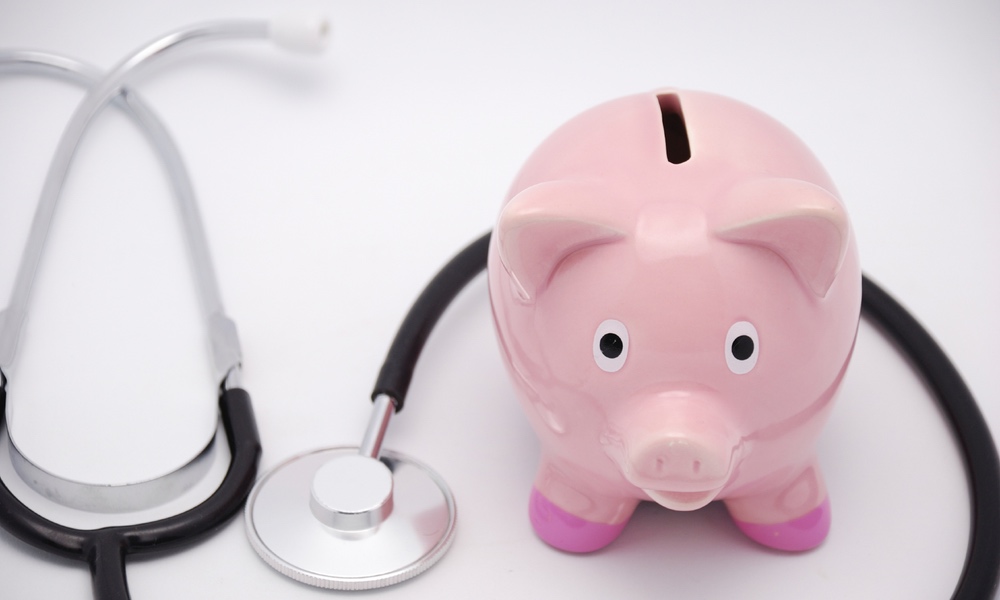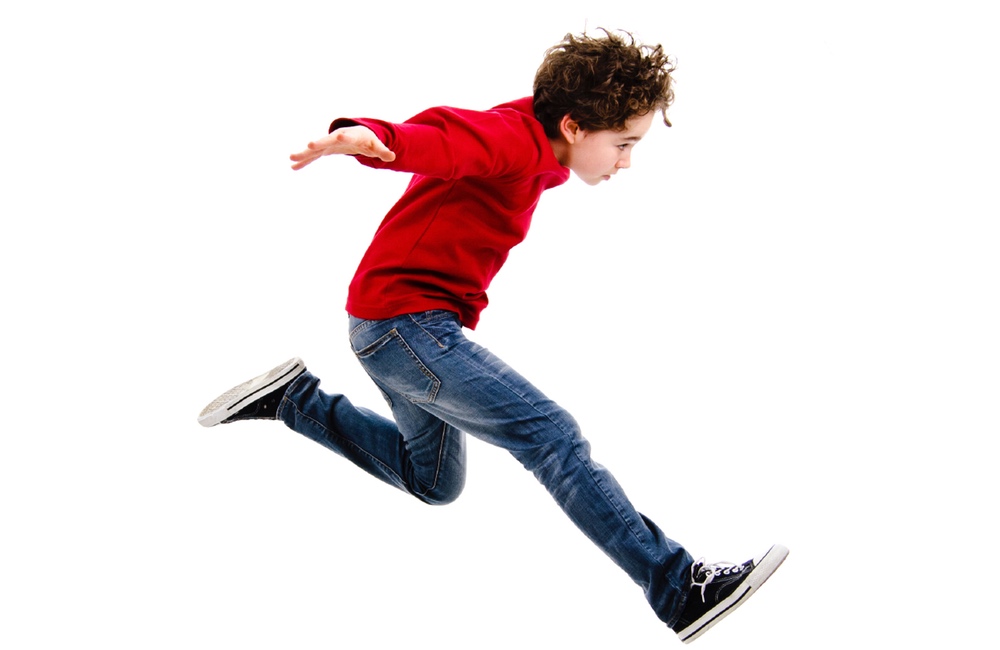Few teens today have never known a world without electronic devices like cell phones and iPads and seemingly infinite choices via streaming and television. Does this affect their diets? A new study suggests it does and not in a good way.
Specifically, adolescents are drinking far more caffeine and sugar-laden drinks than is recommended as they are attached to their electronic devices. Watching TV seems to carry a particular risk.
Researchers from McMaster University and California State University - Fullerton studied 32,000+ students in the eighth and tenth grades.About a quarter of teens consume more sugar and caffeine than guidelines recommend. That number is even higher for kids who watch a lot of TV.
Students who watched an extra hour of TV per day were 32 percent more likely to exceed the WHO recommendations for sugar intake, and each additional hour of TV was also associated with a 28 percent risk of consuming more caffeine than is recommended. A hands-free activity, TV viewing and its associated exposure to commercials for sugary, caffeinated beverages likely promote the use of such drinks while watching TV.
Surprisingly, the association between video games and caffeine use was weak. Perhaps that’s because playing video games requires using both hands, limiting the ability to eat or drink while playing.
Teens who used a computer at school were less likely to over-indulge in sugary beverages, most likely from lack of access. Cell phones aren’t off the hook. Every extra hour spent talking on a cell phone or using social media was linked to the risk of consuming too much sugar and caffeine.
One of the main reasons for this overconsumption of sugar and caffeine during sceen time is mindless, distracted eating — people not paying attention to what they are eating or drinking because their minds are focused elsewhere.
The American Academy of Pediatrics recommends against sugar and caffeine-laden beverages and encourages physicians to talk to young people and their parents about the risks associated with them.
The study was published in PLOS ONE.





